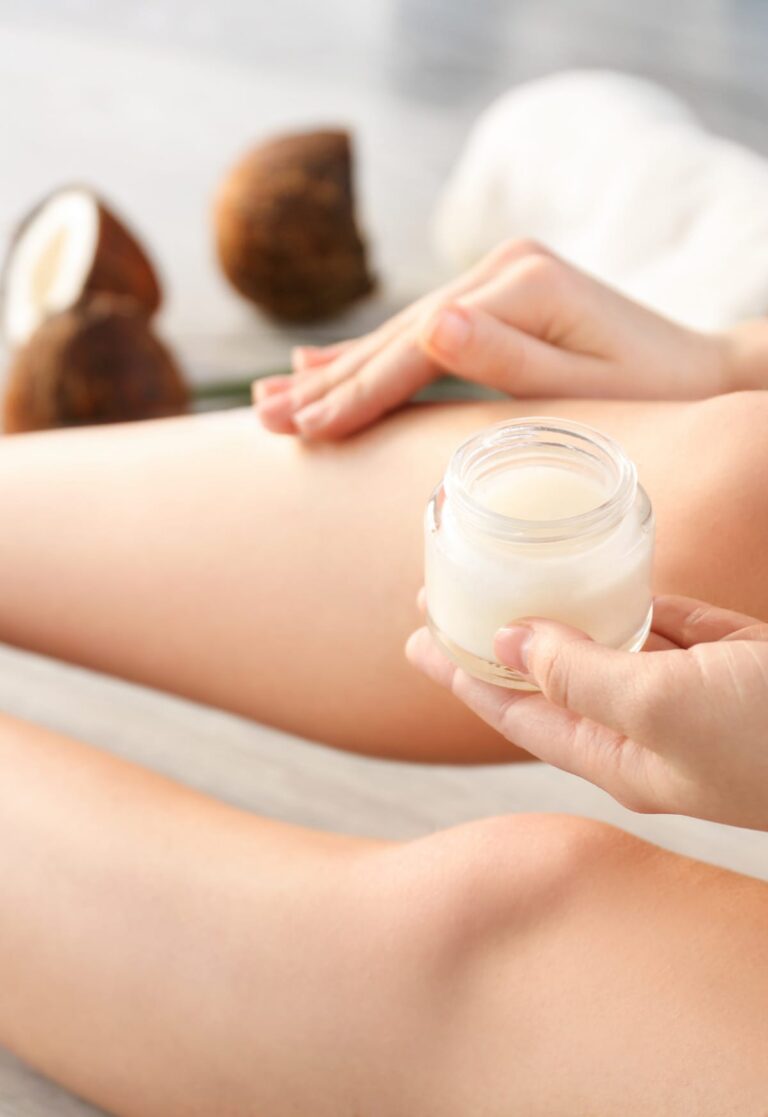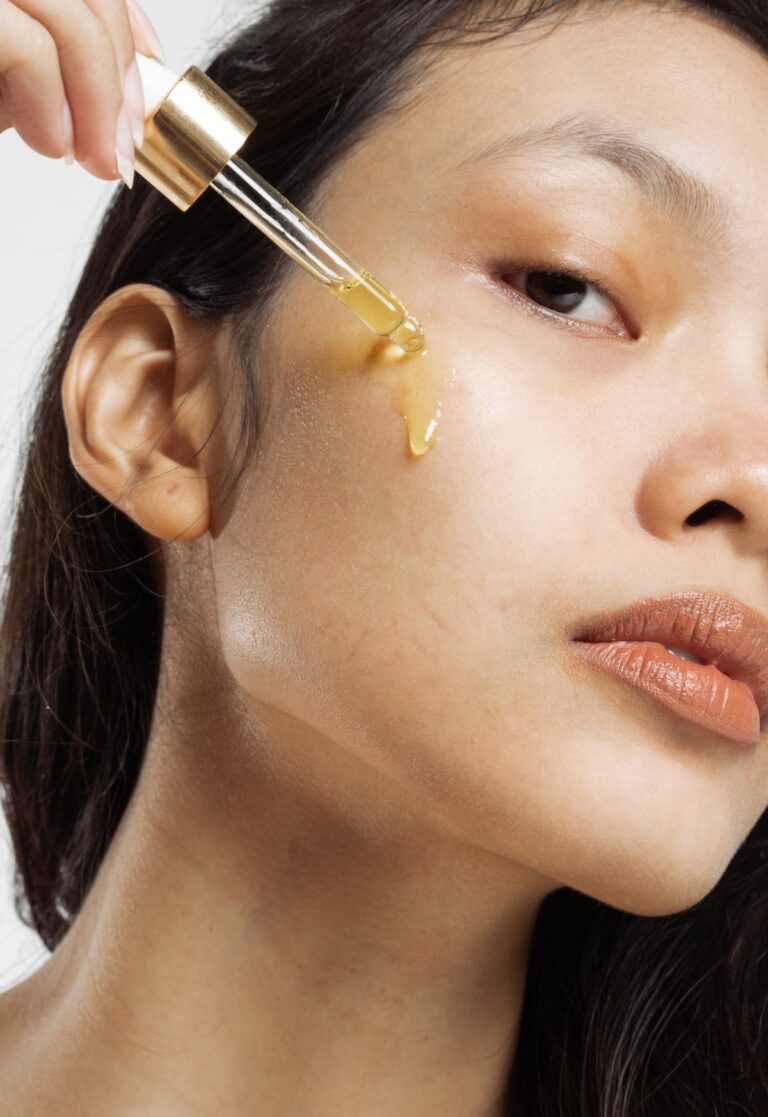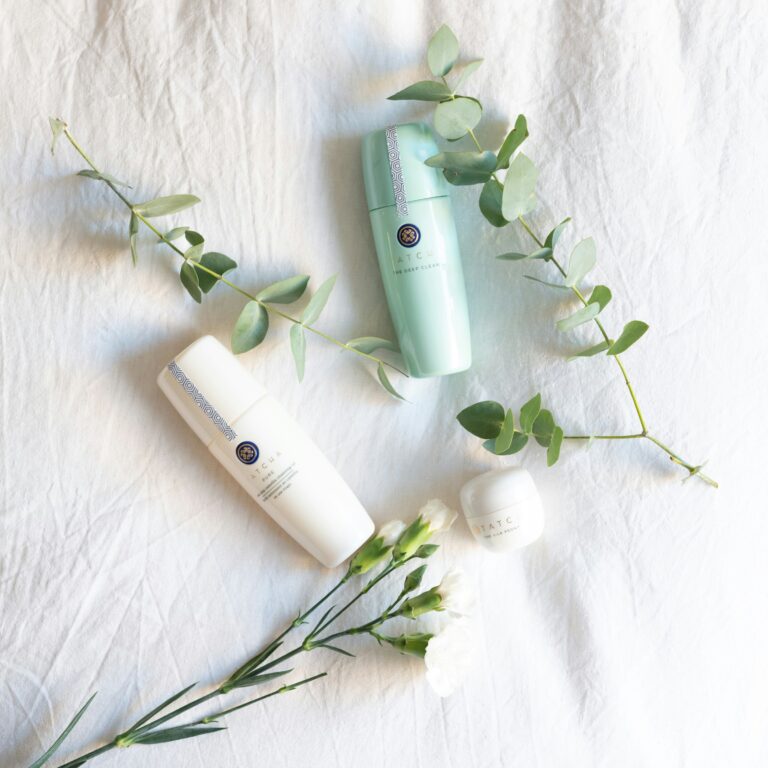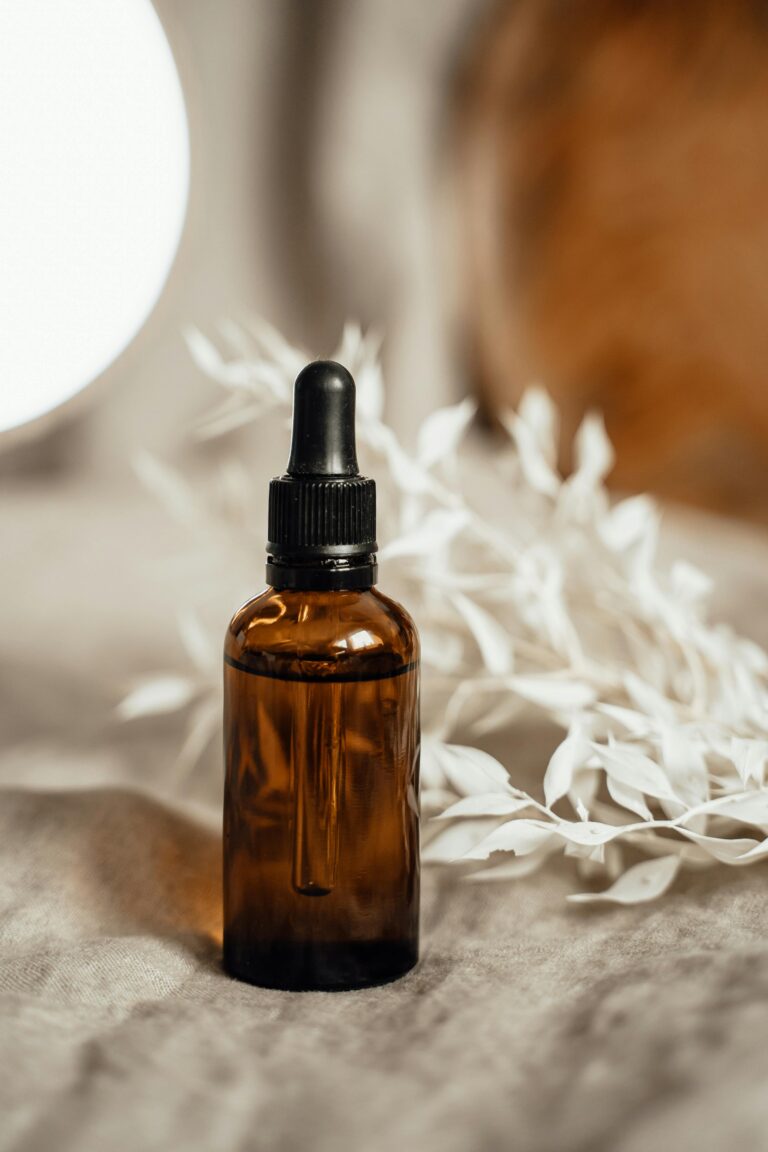Does Emu Oil Clog Pores? Discover the Truth Now
If you’re on the hunt for the perfect skincare product, you’ve likely come across emu oil. With its reputation for moisturizing and healing, it’s no wonder beauty enthusiasts are curious about its effects on the skin. But does emu oil clog pores? This question is crucial for anyone looking to maintain a clear complexion while enjoying the benefits of this natural oil.
In this article, we’ll jump into the properties of emu oil and explore its potential to block pores. You’ll discover how it interacts with different skin types and whether it’s a friend or foe for your skincare routine. Get ready to uncover the truth about emu oil and make informed choices for your beauty regimen.
Understanding Emu Oil
Emu oil is gaining attention in the skincare world for its unique properties and benefits. This oil, derived from the fat of emus, is packed with fatty acids, vitamins, and antioxidants that can transform your skincare routine. Let’s dive deeper into what emu oil is and how it can elevate your skin.
What Is Emu Oil?
Emu oil is a natural oil extracted from the fat of emus, large flightless birds native to Australia. It’s a rich source of essential fatty acids, including omega-3, omega-6, and omega-9. These components work together to nourish and hydrate the skin effectively. Emu oil is also non-comedogenic, meaning it doesn’t clog pores. This makes it suitable for various skin types, including oily and combination skin. If you’re looking for a moisturizer that’s lightweight yet effective, emu oil might be exactly what you need.
Benefits of Emu Oil for Skin
Emu oil is a powerhouse when it comes to skincare. Here are some standout benefits that make it a favorite among beauty enthusiasts:
- Deep Hydration: Emu oil penetrates the skin’s layers effectively, providing intense moisture without leaving a greasy residue. Say goodbye to dry patches and hello to plump, hydrated skin.
- Anti-Inflammatory Properties: This oil has natural anti-inflammatory effects that help soothe skin irritations, such as redness, acne, and eczema. If your skin is feeling a bit irritated, emu oil can bring relief quickly.
- Wound Healing: Emu oil promotes healing by encouraging skin regeneration. If you’ve got minor cuts or scars, applying emu oil may help minimize their appearance.
- Rich in Antioxidants: The antioxidants in emu oil combat free radicals, helping to protect your skin from environmental stressors that contribute to aging.
- Supports Skin Elasticity: Regular use of emu oil can improve skin elasticity, giving you a more youthful appearance. Incorporate it into your routine, and feel the difference in firmness.
Each of these benefits makes emu oil a versatile addition to any skincare regimen. Whether you’re looking to hydrate, soothe, or heal your skin, this oil offers a holistic solution. Keep these benefits in mind as you decide how best to incorporate emu oil into your beauty routine.
Does Emu Oil Clog Pores?
You might be wondering if emu oil can clog your pores. This concern is crucial, especially for those striving for clear skin. The good news? Emu oil is celebrated for being non-comedogenic, which means it doesn’t clog pores. This makes it an attractive option for various skin types, from oily to sensitive.
The Science Behind Pore Clogging
Pore clogging often occurs when products leave a heavy residue, trapping dirt, oil, and dead skin cells. Emu oil, but, penetrates deeply thanks to its unique fatty acid composition. It contains oleic acid, which enhances absorption and allows your skin to soak it up without the oily feel. This absorption helps maintain healthy skin, ensuring pores stay clean and clear.
Comedogenic Ratings of Oils
Different oils come with varying comedogenic ratings, which indicate their likelihood to clog pores on a scale of 0-5. A rating of 0 means no clogging, while 5 signifies a high chance of blockages. Emu oil typically lands around a rating of 1, making it a safer choice for many. Here’s a quick comparison of common oils:
| Oil | Comedogenic Rating |
|---|---|
| Emu Oil | 1 |
| Coconut Oil | 4 |
| Olive Oil | 2 |
| Jojoba Oil | 2 |
| Shea Butter | 4 |
Factors Influencing Pore Clogging
When it comes to skincare, understanding what influences pore clogging is crucial. You want your products to enhance your skin, not hinder it. Here’s a closer look at two key aspects: skin types and their reactions, along with how you apply emu oil.
Skin Types and Their Reactions
Different skin types react uniquely to skincare products. Here’s a quick breakdown:
- Oily Skin: If your skin tends to produce excess oil, you might worry about clogging. Emu oil’s non-comedogenic nature means it won’t block your pores. It hydrates without leaving a greasy residue, making it a smart choice for oily skin.
- Dry Skin: For those with dry skin, emu oil offers deep moisture. Its ability to absorb quickly means it hydrates without thickening your skin, reducing the risk of clogging.
- Combination Skin: Exploring combination skin can be tricky. Thankfully, emu oil balances both oily and dry areas. It maintains hydration in dry patches while managing excess oil in T-zones.
- Sensitive Skin: If your skin is sensitive, you’ll appreciate emu oil’s soothing qualities. It calms irritation without clogging pores, making your complexion look radiant instead of congested.
Being aware of your skin type empowers you to select the right products confidently.
Application Methods
How you apply emu oil can make a difference too. Here’s how to maximize its benefits while keeping your pores clear:
- Cleanse First: Always start with clean skin. Use a gentle cleanser to remove impurities, ensuring that emu oil penetrates effectively without any dirt barriers.
- Use Sparingly: A little goes a long way. Apply a few drops to your fingertips and gently press into your skin. Over-applying can lead to a heavier feel, which some may perceive as clogging.
- Layer Wisely: Emu oil can be layered with other products. If you’re using serums or moisturizers, apply them first. This allows emu oil to seal in hydration without suffocating your skin.
- Test and Observe: After applying emu oil, gauge how your skin responds over a few days. If you notice any changes, adjust your amount accordingly. Personalization is key.
Understanding these factors puts you in control of your skincare routine. You can confidently embrace emu oil’s benefits while maintaining a fresh, clear complexion.
Comparing Emu Oil with Other Oils
Understanding how emu oil stacks up against other oils can clarify why it’s become a go-to for so many skincare enthusiasts. You’ll find various oils in the market, but knowing which ones complement your routine without clogging pores makes all the difference.
Non-comedogenic Alternatives
When looking for non-comedogenic oils, you can easily find a few heavyweights beside emu oil. For instance:
- Jojoba Oil: Mimics your skin’s natural oils, making it ideal for a wide range of skin types. It hydrates without overwhelming the skin.
- Hemp Seed Oil: Rich in omega fatty acids, this oil balances oil production and keeps your skin moisturized without causing breakouts.
- Rosehip Oil: Packed with antioxidants and vitamins, it promotes skin repair while being lightweight, ensuring it won’t suffocate your pores.
- Squalane: This oil closely resembles your skin’s own sebum and offers incredible hydration without clogging pores, making it a top pick in the beauty community.
These oils are all non-comedogenic, which means they won’t leave your skin feeling greasy. They absorb well, supporting your skincare goals without a worry about breakouts.
Effects on Different Skin Types
Emu oil’s versatility shines through when you consider different skin types. Here’s how it affects various skin types:
- Oily Skin: Emu oil penetrates deeply while still providing necessary hydration, ensuring your skin feels balanced instead of overly shiny. Its anti-inflammatory properties help calm irritation, encouraging clear skin.
- Dry Skin: This oil is a powerhouse of moisture. When applied, you’ll notice immediate hydration relief, making dry patches a thing of the past. High levels of oleic acid offer excellent absorption, so you can trust it to nourish your skin without leaving behind a heavy residue.
- Combination Skin: If you’re dealing with both oily and dry patches, emu oil adapts seamlessly. It hydrates where needed while controlling excess oil, creating a more uniform texture.
- Sensitive Skin: Emu oil is gentle, soothing red, inflamed skin. It reduces irritation and supports healing due to its rich fatty acid profile. Plus, it typically doesn’t cause reactions, making it a safe bet for sensitive skin.
Discovering how emu oil and similar oils fit into your routine elevates your skincare game. Whether you’re after deep hydration or tackling specific concerns, knowing your oils ensures you get the results you’re looking for, without the fear of pesky breakouts.
Conclusion
Emu oil stands out as a remarkable addition to your skincare routine. Its non-comedogenic nature means you can enjoy its deep hydration and healing properties without worrying about clogged pores. Whether you have oily, dry, combination, or sensitive skin, emu oil adapts to your needs, promoting a clear and healthy complexion.
By understanding how to apply it effectively and recognizing its compatibility with other non-comedogenic oils, you can maximize the benefits of emu oil. Embrace this versatile oil and let it enhance your skincare regimen while keeping your skin balanced and radiant.





